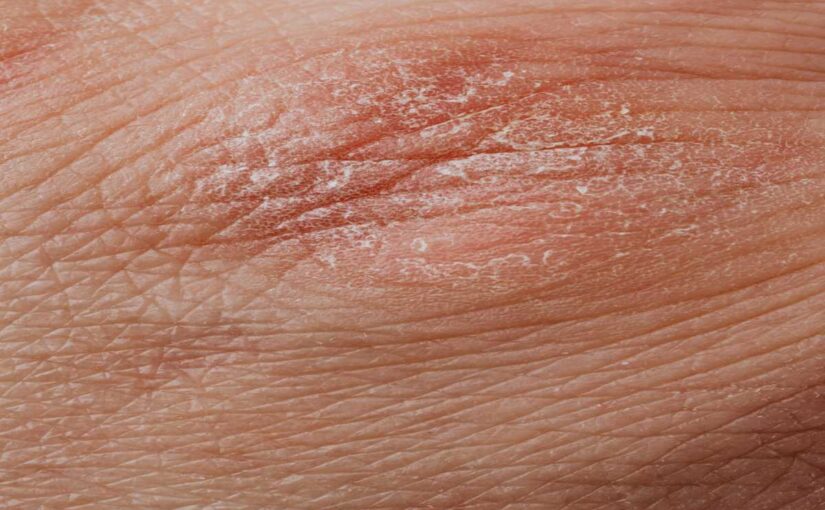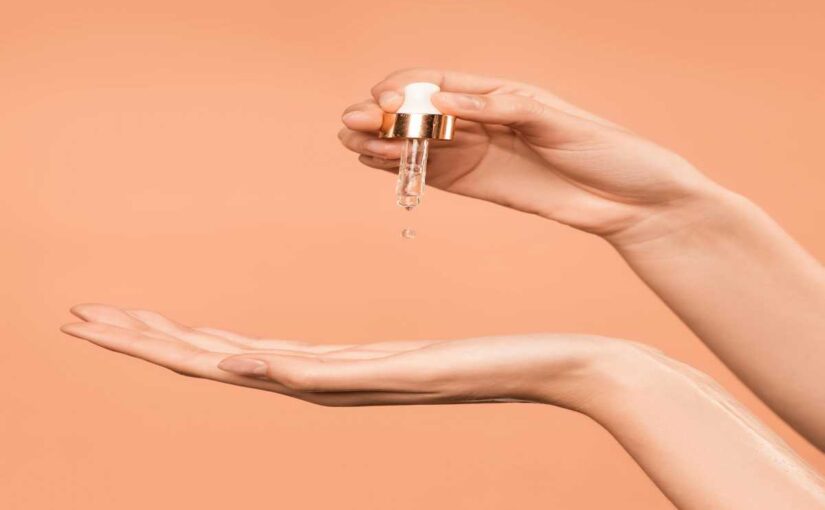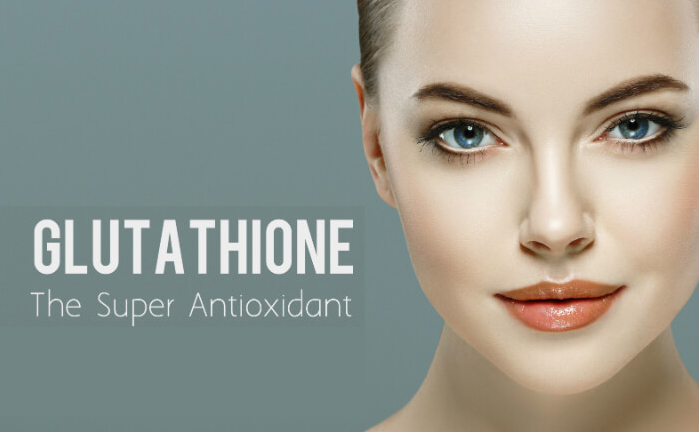In the world of skincare, copper peptides have become a trending ingredient, often hailed as a powerful anti-aging hero. You may have come across them in serums, creams, and treatments, but what exactly are copper peptides, and why are they good for your skin?
In this blog, we’ll break down everything you need to know about copper peptides, including their benefits, potential side effects, and how to incorporate them into your skincare routine for optimal results.
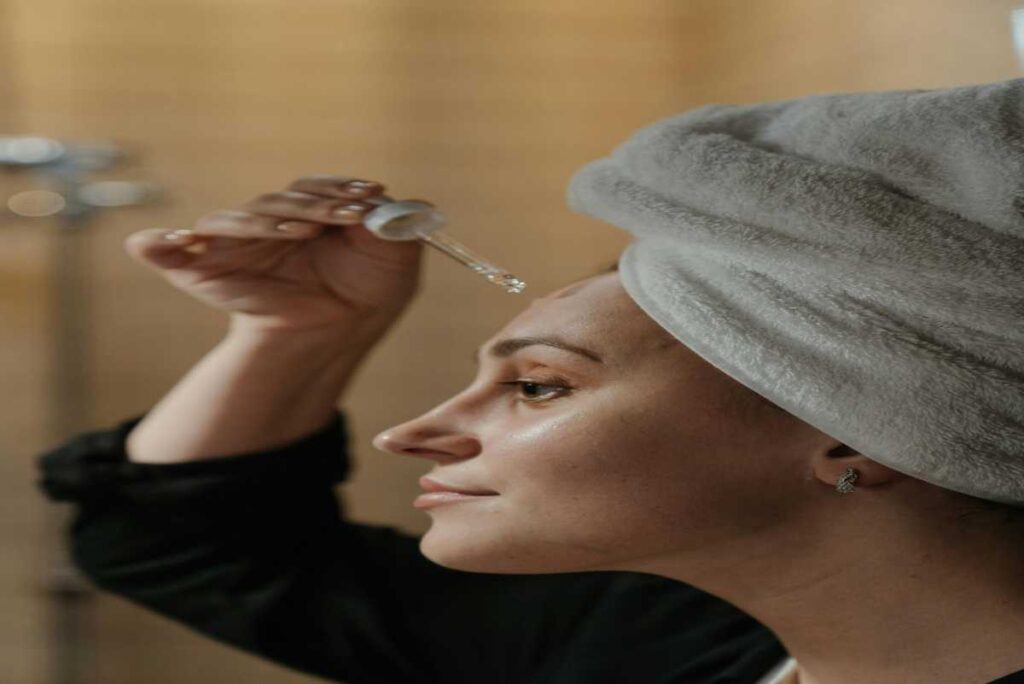
What Are Copper Peptides?
Copper peptides are small, naturally occurring protein fragments that bond with copper ions, creating a compound that is highly effective in skincare. These compounds are biologically active and play an essential role in various skin functions, from wound healing to collagen production.
The human body naturally produces copper peptides, but their concentration decreases with age, which is where topical application steps in. When applied to the skin, copper peptides can stimulate a variety of beneficial activities, promoting youthful, radiant skin.
Benefits of Copper Peptides for Skin
Copper peptides offer a range of benefits, making them a go-to ingredient in anti-aging and skin rejuvenation products. Below are some of their key advantages:
1. Boosts Collagen Production
Copper peptides are renowned for stimulating collagen and elastin production. Collagen is a vital protein that gives the skin its structure and firmness. As we age, collagen levels deplete, leading to sagging skin and wrinkles. Copper peptides help replenish these levels, improving skin elasticity and firmness, resulting in a smoother, more youthful complexion.
2. Promotes Wound Healing
Another major function of copper peptides is to aid in wound healing. They accelerate the repair of skin tissue, making them ideal for treating acne scars, minor cuts, and skin irritations. This regenerative property helps reduce visible scars and speeds up recovery after treatments like micro-needling or chemical peels.
3. Improves Skin Hydration
Copper peptides help maintain the skin’s moisture barrier, keeping it hydrated and supple. By enhancing the skin’s ability to retain moisture, they prevent dryness and improve skin texture, making it soft and plump. This benefit is particularly useful for those with dry or sensitive skin.
4. Fights Free Radical Damage
Copper peptides also act as antioxidants, neutralizing free radicals that cause premature aging. Free radicals, which are often the result of environmental factors like pollution and UV rays, can damage skin cells and speed up the aging process. Copper peptides protect the skin from this damage, preserving its youthful glow.
5. Reduces Fine Lines and Wrinkles
Thanks to their ability to promote collagen production and boost skin renewal, copper peptides are highly effective at minimizing the appearance of fine lines and wrinkles. Regular use of copper peptide-based products can lead to smoother, firmer skin with fewer visible signs of aging.
6. Enhances Skin Tone and Texture
By encouraging the production of glycosaminoglycans (substances that help maintain skin structure), copper peptides can improve skin tone and texture. This makes the skin look brighter and more even, reducing the appearance of hyperpigmentation, age spots, and uneven skin tone.
Side Effects of Copper Peptides

Although copper peptides are generally considered safe for most skin types, it’s important to be aware of potential side effects and how to minimize them.
1. Skin Irritation
Some individuals may experience mild irritation when first introducing copper peptides into their skincare routine. This can include redness, itching, or a slight burning sensation. To avoid irritation, start by using copper peptides in low concentrations and gradually increase usage as your skin builds tolerance.
2. Breakouts
In rare cases, copper peptides may cause breakouts, especially for those with acne-prone skin. This could be due to an overproduction of oil triggered by the peptides. If you notice an increase in acne or clogged pores, reduce the frequency of use or switch to a gentler formulation.
3. Interactions with Other Active Ingredients
Copper peptides may interact with certain active ingredients in your skincare routine. For instance, they can lose effectiveness when used alongside vitamin C, retinoids, or strong acids. If you’re using these ingredients, it’s best to apply copper peptides at a different time of day or on alternate days to avoid potential interactions.
How to Use Copper Peptides in Your Skincare Routine
Incorporating copper peptides into your skincare routine is easy and can offer transformative results. Here’s how to do it effectively:
1. Choose the Right Product
Copper peptides are available in various forms, including serums, creams, and moisturizers. Serums are often the most potent and effective way to deliver copper peptides deep into the skin. Look for a product with a clear ingredient list that specifies the presence of copper tripeptide-1 or similar compounds.
2. Patch Test First
Before applying copper peptides to your face, perform a patch test on a small area of skin to ensure you don’t have any adverse reactions. Wait 24 hours to see if there’s any redness or irritation.
3. Apply After Cleansing
Copper peptides should be applied after cleansing and toning but before moisturizing. This allows the peptides to penetrate the skin effectively. If you’re using a serum, apply it in small amounts to the face and neck, gently massaging it in.
4. Pair with Gentle Ingredients
For the best results, pair copper peptides with gentle, hydrating ingredients such as hyaluronic acid, niacinamide, or glycerin. These ingredients work well together to provide hydration, soothing properties, and enhanced absorption of copper peptides.
5. Use Sparingly
A little goes a long way with copper peptides. You don’t need to use them every day—two to three times per week is often enough to see noticeable improvements. If you’re layering products, apply the copper peptides after any water-based treatments but before heavier creams or oils.
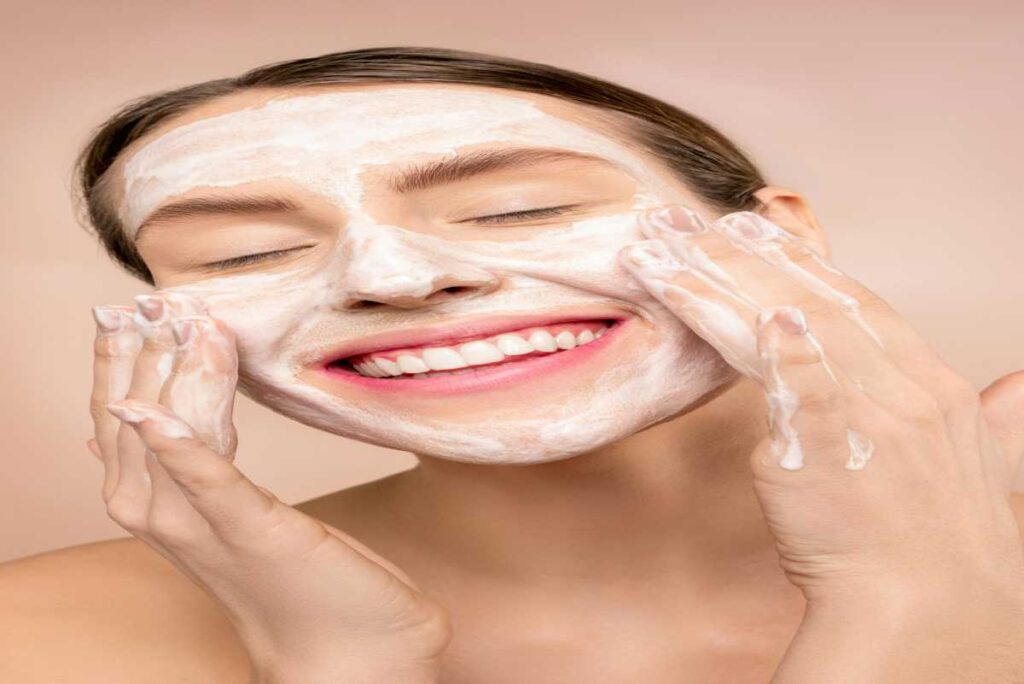
Final Thoughts
Copper peptides are a fantastic addition to your skincare routine, particularly if you’re focused on anti-aging, hydration, and skin repair. Their ability to stimulate collagen production, fight free radicals, and enhance skin healing makes them a versatile and powerful ingredient.
However, as with any skincare product, it’s essential to introduce them gradually, monitor for any side effects, and ensure they complement the other products in your routine. With consistent use, copper peptides can help you achieve healthier, firmer, and more radiant skin.
Key Takeaways:
- Copper peptides promote collagen production, improve hydration, and aid in skin healing.
- They are generally safe, but potential side effects include irritation and breakouts.
- Avoid using copper peptides with ingredients like vitamin C or retinoids to prevent reduced effectiveness.
If you’re looking for a non-invasive way to rejuvenate your skin and keep it youthful, copper peptides may be the perfect solution. Give them a try and enjoy the glowing results!

